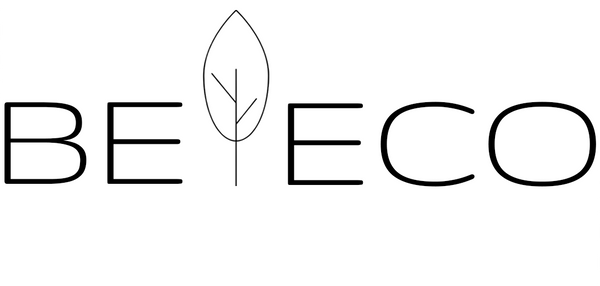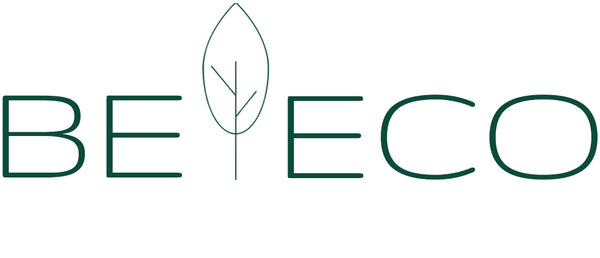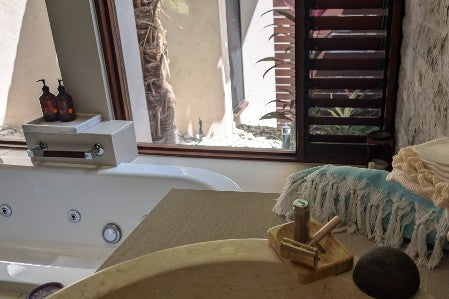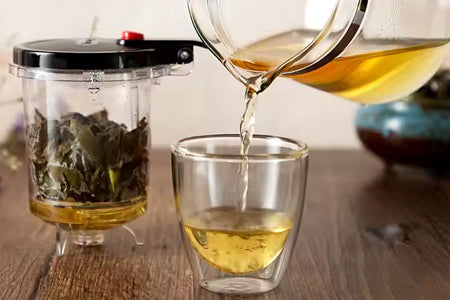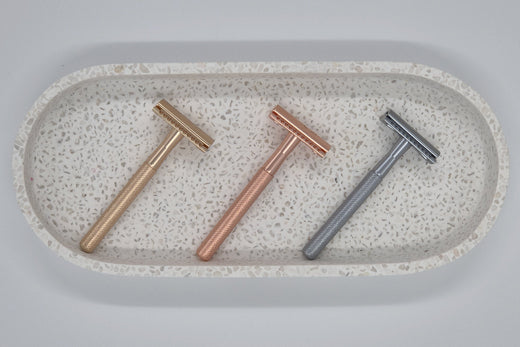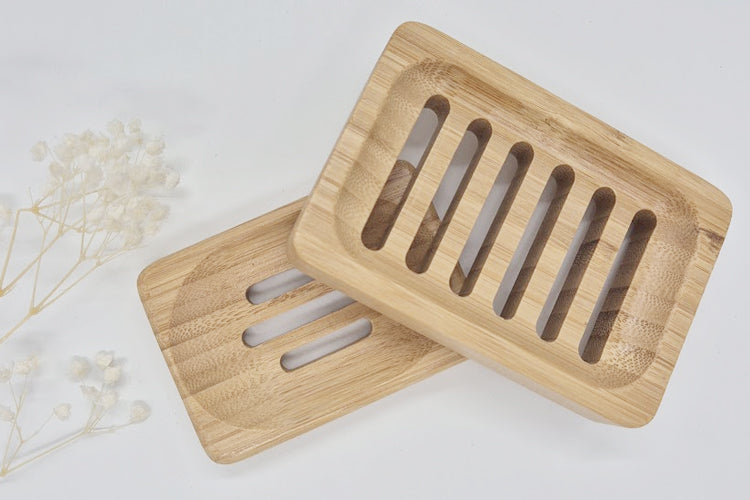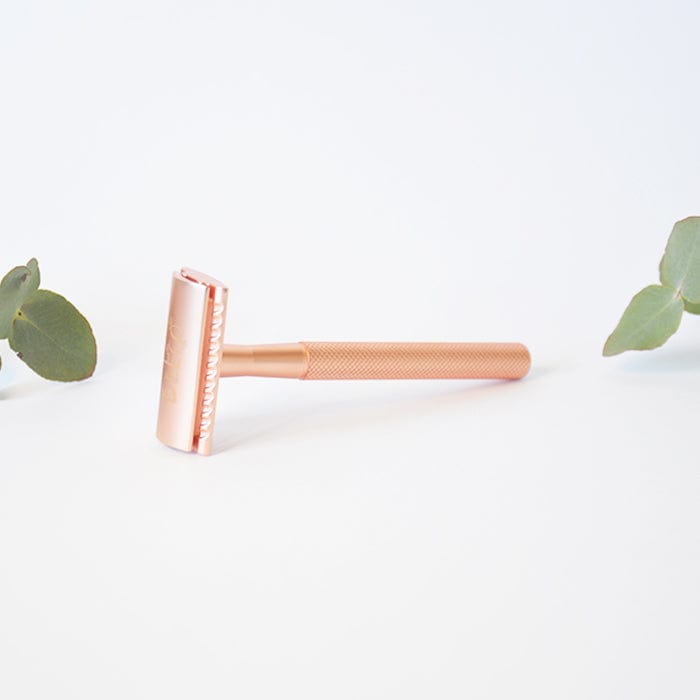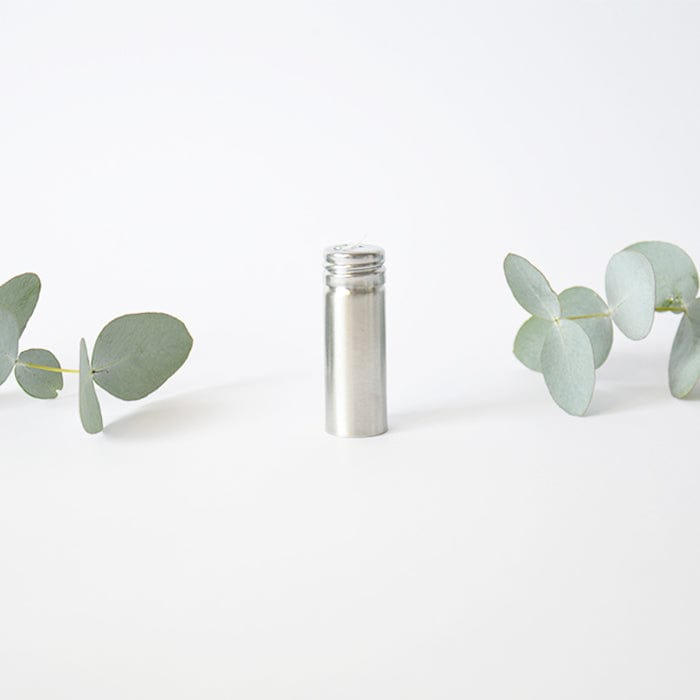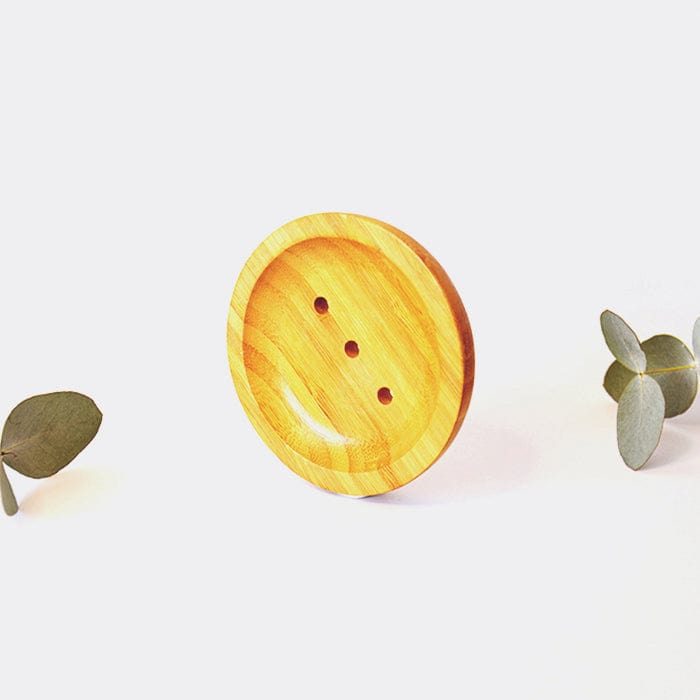Did you know your kitchen sponge could be home to more bacteria that your toilet?
Sponges often go unnoticed and sit damp in our sinks. What you don't think about is that they are constantly exposed to new sources of microbes from your food scraps, dirty dishes and chopping boards.
A group of German Scientist collected sponges from peoples homes and studied their microbe populations. They found the sponges to be home to billions of bacteria, up to 54 billion per square centimeter which is really scary. Even after being cleaned in sanitising solution there were some bacteria which thrived. It is recommended to dispose of them weekly to reduce exposure to bacteria for vulnerable people such as children and elderly, which is expensive and costly for the environment.
As well as being dirty, synthetic sponges end up in landfill as they can't be recycled or composted and many are believed to leach harmful micro plastics and chemicals into the soil as they slowly break down.
Here are a few tips to keep your kitchen clean without a big cost to you or the environment:

Wait until your dishwasher is full before putting it on and use a plant based or homemade washing powder

When hand washing dishes use a block of dish soap with a compostable dish cloth or biodegradable sponge which can be machine washed regularly and dried between uses. When you have worn out your cloth or sponge it can be composted.

Use a dish brush rather than a scouring sponge, look for a brush made of anti bacterial wood and plant fibres like bamboo, sisal or coconut husk and allow it to dry between uses

For kitchen surfaces use a clean dry cloth or rag combined with your favourite homemade or plant based toxin free surface spray

Regularly wash your dish cloths and kitchen cloths and line dry in the sun.
Check out our kitchen essentials range for more eco friendly kitchen ideas.
